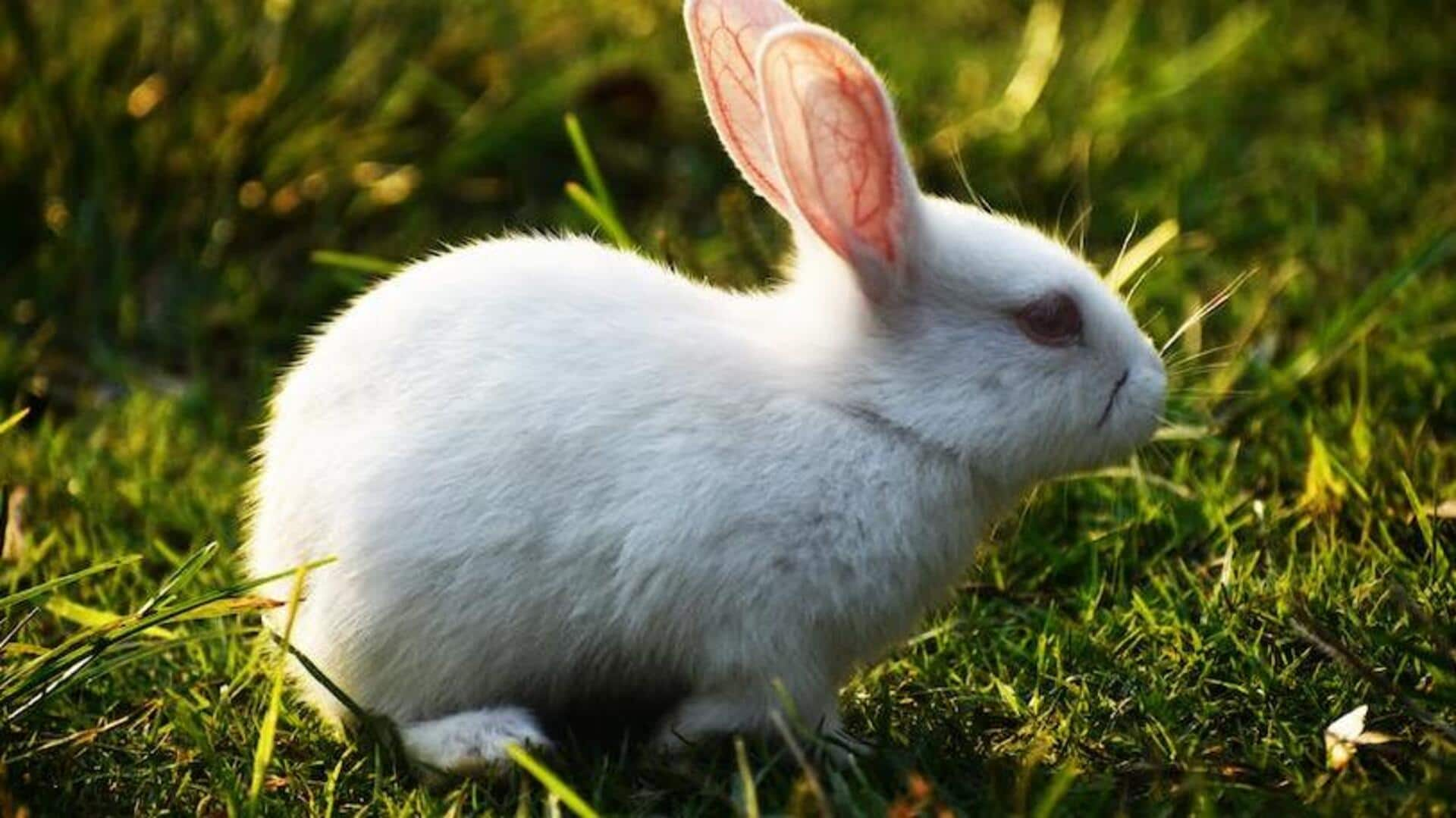
Pet rabbit care: A complete guide
What's the story
After dogs and cats rabbits are probably the next best indoor pet you can consider having. However, many people decide to get rabbits without first learning how to properly care for them. As a result, they end up with a variety of health problems that could have been avoided. Here is all you need to be aware of if you wish to adopt bunnies.
Tip 1
Set up a bunny space
Rabbits need a lot of space, whether indoors or outside. They won't be happy or healthy if they just sit in a tiny cage all day. So get your rabbit a fresh enclosure. Both the rabbit's size and the cage's dimensions must be taken into account while purchasing one. Alternative options include a shed or a large children's playhouse connected to an aviary.
Tip 2
Keep their temperature in check
Due to their thick fur coats, rabbits survive better in temperatures that are lower than what people often desire. Because of this, housing rabbits on the lower floors of the house is ideal. This will ensure that your rabbit's dwelling quarters are in the room that is the coolest. Rabbits are at greater risk of getting heat stroke in hot weather.
Tip 3
Provide fresh hay and greens
Hay should make up the majority of a rabbit's diet. They need to have access to fresh hay at all times. Commercial rabbit snacks are far more expensive and much less healthy than fruits and vegetables. Feeding adult rabbits grass hay or oat hay is recommended. Add fresh fiber-rich pellets in moderation and daily fresh water to your rabbit's hay as a supplement.
Tip 4
Set up a litter box
Rabbits naturally prefer to defecate in the same spot. Use this to your advantage by positioning a medium-sized cat litter box or shallow storage container close to their food/water bowls and hay feeder. Additionally, make sure they get enough daily exercise to maintain their health. Rabbits should be released into a larger area to run, leap, and move around for a few hours.
Tip 5
Groom them
Rabbits are naturally hygienic creatures and wash themselves often. But you must still groom your rabbit frequently. Rabbits typically experience shedding cycles several times a year. To get rid of all the extra fur, it's crucial to brush their coat. If you don't, your rabbit can eat it and develop serious intestinal problems. Trimming their nails is also recommended.